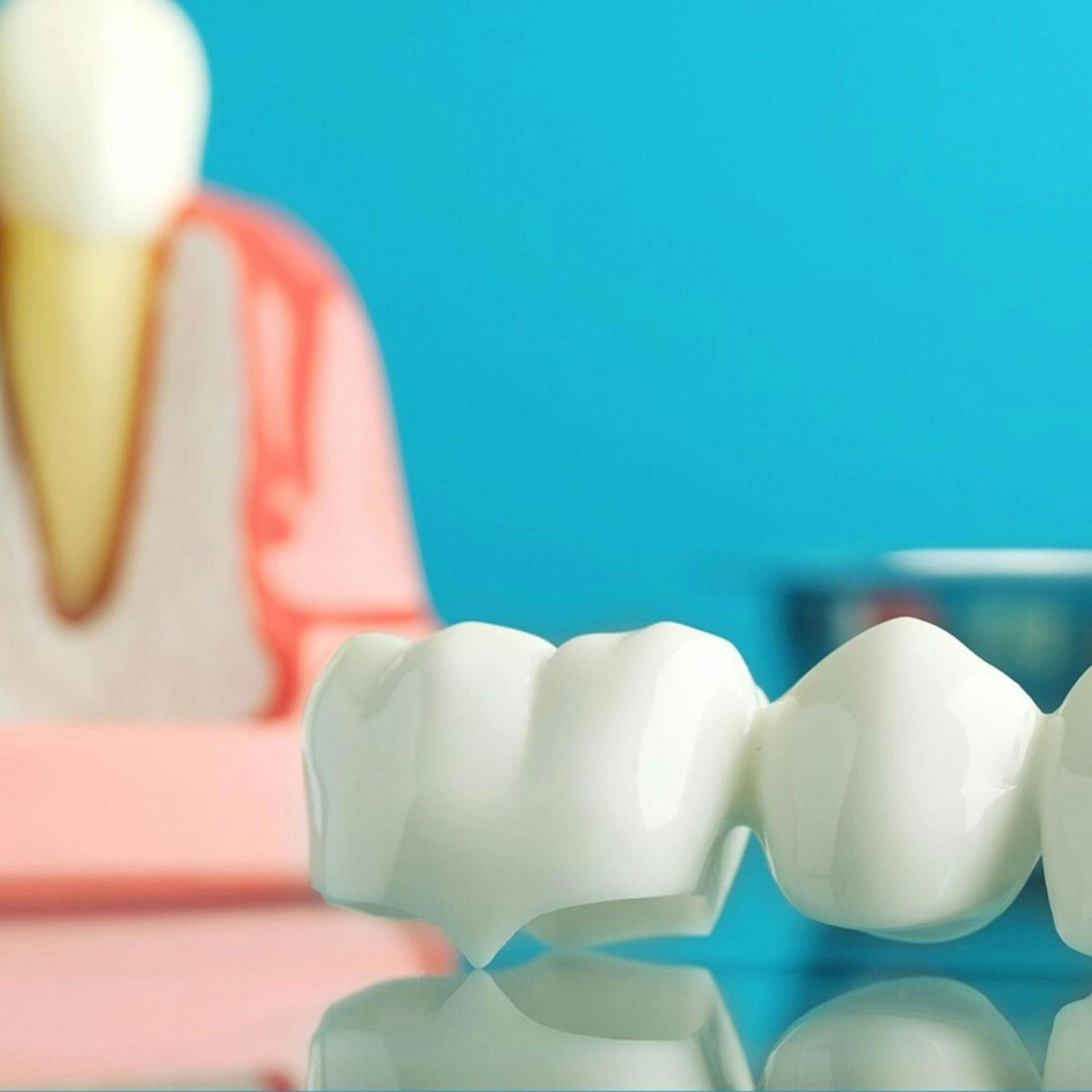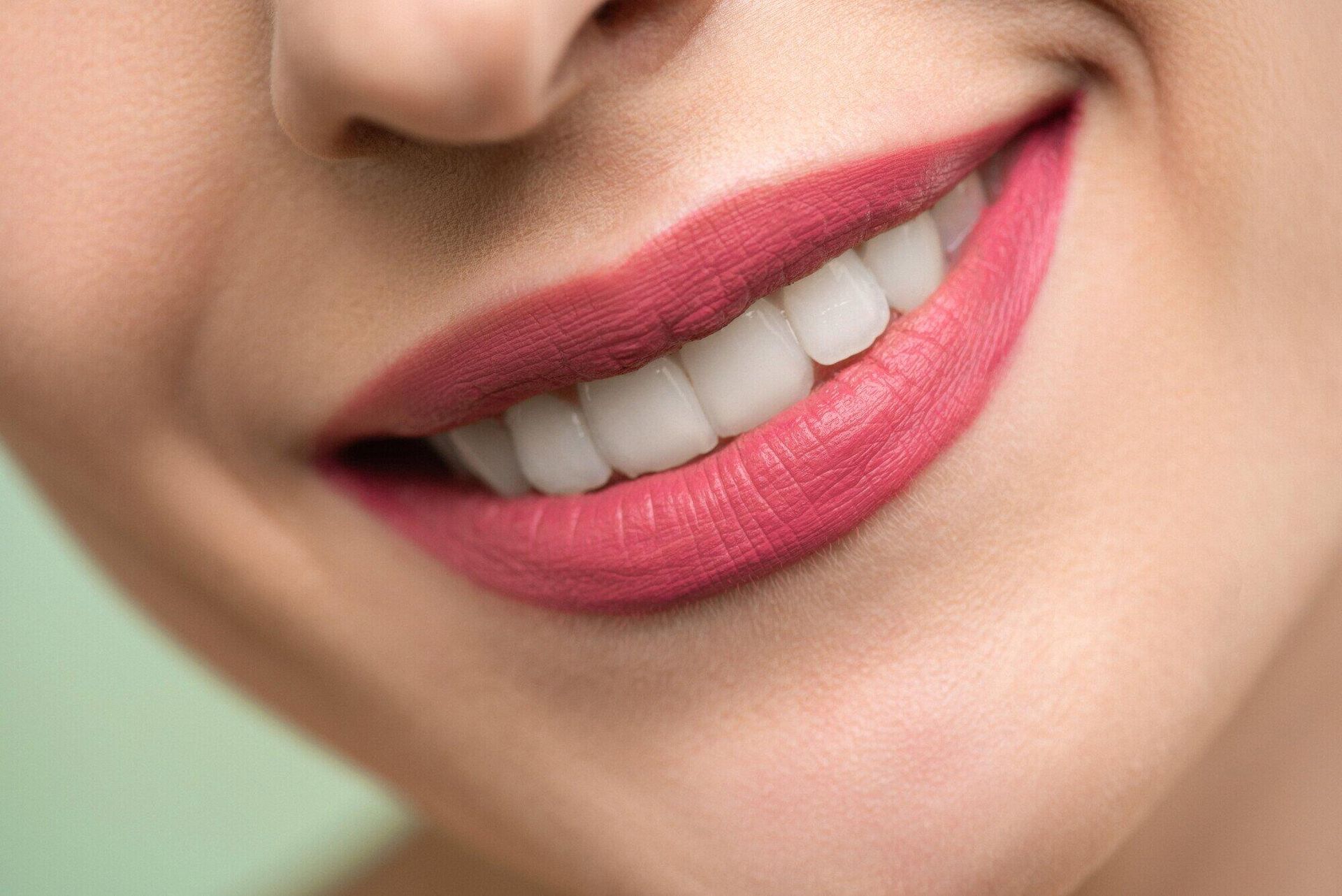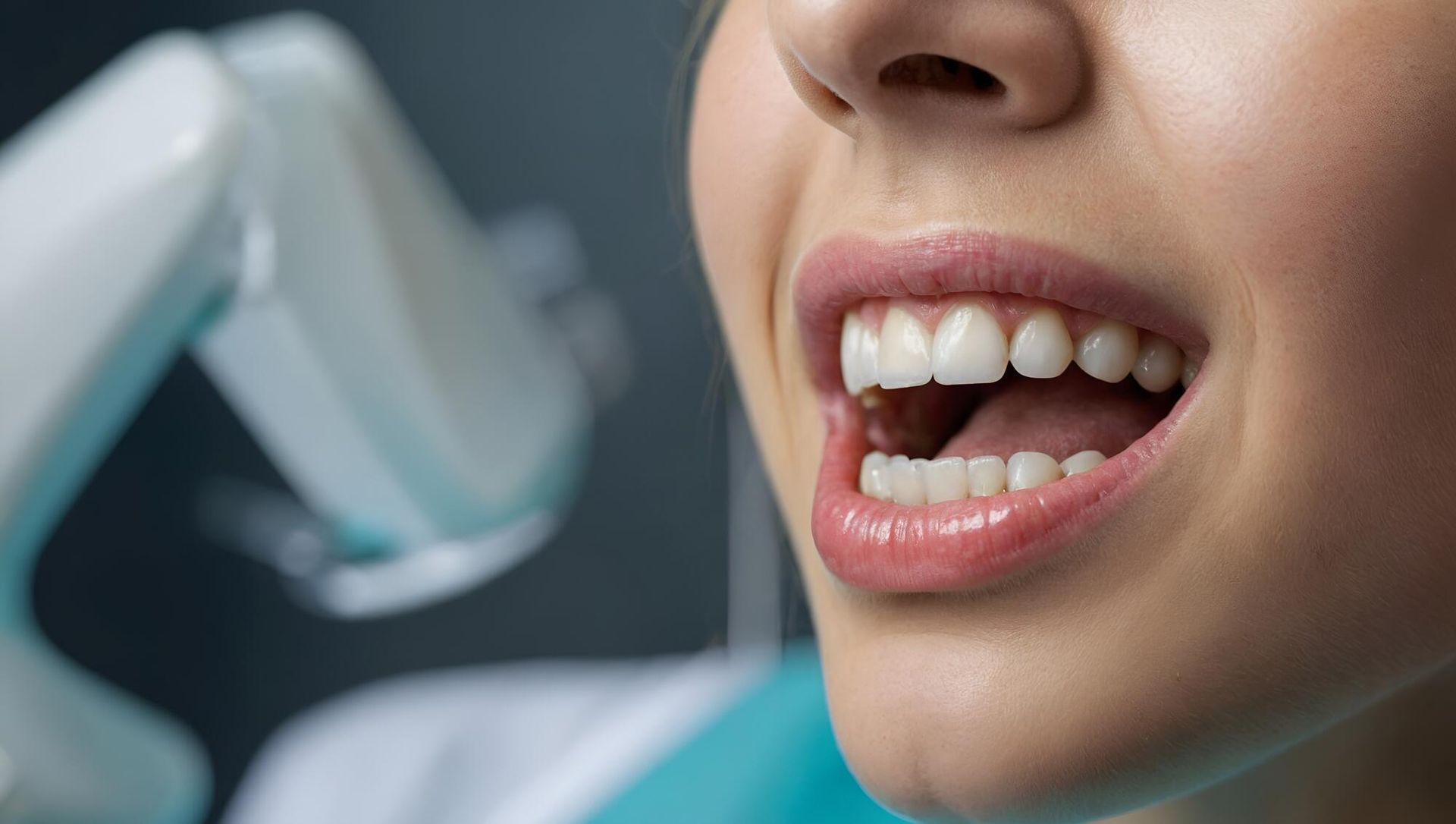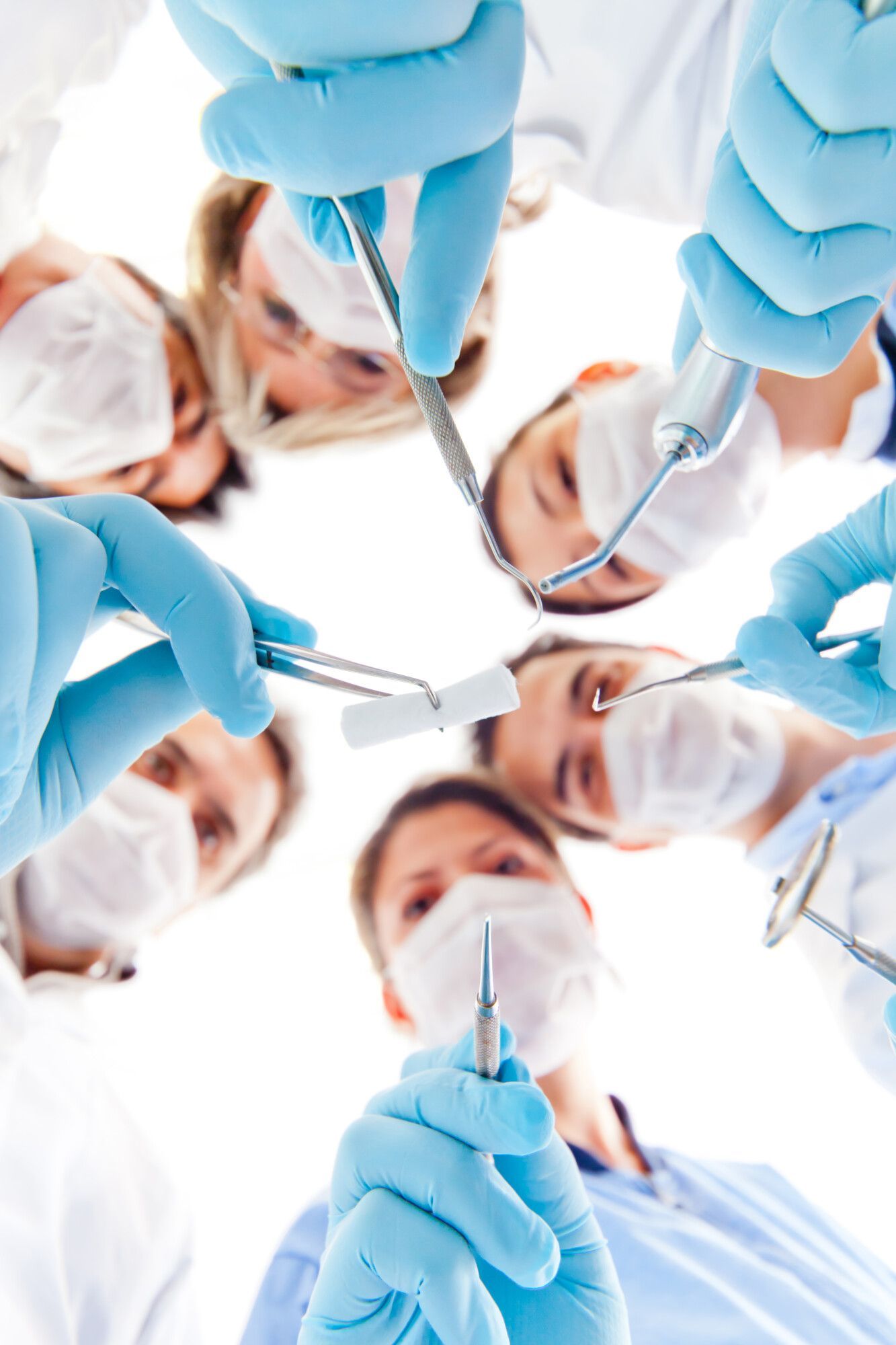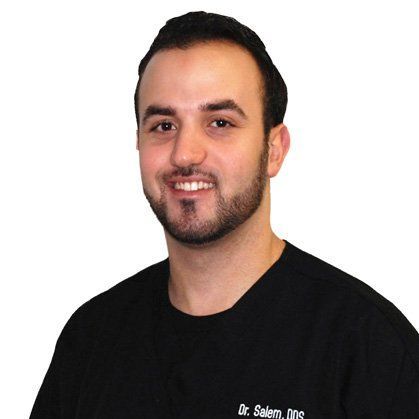Dental Crowns vs. Dental Bridges: What's the Difference?
Crowns vs Bridges: Which One is Right for You?
What is a dental bridge, and what is a dental crown? Learn of the differences and benefits between crowns vs bridges for your dental needs.
Do you have one or more missing teeth?
Then your dental professional may advise that you get artificial replacements for the missing teeth. These artificial replacements include removable and non-permanent solutions such as dentures or more permanent solutions like dental crowns and bridges.
Dentures are easy to remove, clean, and slide right back. However, they may slip and fall out, which is why most individuals are torn between crowns vs bridges. But between bridges and crown implants, which is the best option for you? This article will explore the differences between the two solutions, and their advantages.
Read on below to understand more about dental crowns and bridges.
What Is a Dental Crown?
A dental crown is a fake tooth created from ceramic or porcelain material. The biggest benefit of dental crowns is that you can get them custom-made depending on your needs. Before the dentist installs the dental crown, they can ensure it’s created to match the natural colors of your existing teeth.
Sometimes, gold alloys are used in certain types of crowns to improve strength and durability. Dentists prefer dental crowns to help restore broken, chipped, and fractured teeth. During the crown installation process, the tooth will be filled down then reshaped into a smaller size.
If you have any decay on the tooth, the dentist will remove it from its surface then restore the structure to make sure it supports the crown. Then, they will place the crown on your tooth surface and cement it into position. The crown acts as a cap for your tooth, improving its durability and strength.
Benefits of Crowns
If you’re considering getting one or more dental crowns, it’s advisable to know the benefits that come with this option. Dental crowns are great for damaged teeth that require some reinforcements to make them stronger and functional again.
Below are some benefits of getting dental crowns:
- It completely covers your tooth, hence strengthening it
- They prevent your teeth from further damage, whether from an accident or tooth decay
- It helps restore your teeth after undergoing root canal treatment
- It restores your damaged teeth to their normal size and shape
- It’s permanent, and unlike dentures, it will stay in place
- Dental crowns improve your aesthetics and make your smile look better
- Crowns are made from porcelain which is a stain-resistant material, hence preventing your teeth from staining
- They help you eat and speak without a problem
Today, dental crowns are one of the most common restorative options for most patients. They completely cover your tooth, ensuring it’s protected and strengthened for chewing food. Ensure you talk to your dentist to find the best possible treatment option for your teeth and do some research to know what to expect.
What Is a Dental Bridge?
If you have any missing teeth, your dentist will likely recommend a dental bridge. Bridges are prosthetic appliances that are used to treat people with missing teeth. The bridge is made of porcelain material and fused with metal.
This combination helps you improve your teeth’ chewing ability and enhances the look of the teeth. A dental bridge consists of false teeth firmly placed between two crowns. Your dentist will start by preparing the teeth on each side of the gap to facilitate the easy installation and placement of the dental bridge.
Sometimes, dentists use dental implants to replace missing teeth instead of the existing ones. After installing the bridge, it will function exactly like your natural teeth.
Benefits of Bridges
Dental bridges are an excellent replacement for missing teeth. They are the better alternative to partial dentures. Additionally, they serve both aesthetic and practical purposes and enable you to speak and eat better while restoring your mount’s overall appearance
Below are some essential benefits of dental bridges:
- It helps you efficiently chew your food
- Because missing teeth may hinder proper pronunciation, bridges help you properly speak to other people
- They restore your overall confidence
- They prevent the teeth adjacent to the gap from moving and growing into the space
- Prevent secondary complications as a result of problems with your bite
- Help you maintain normal facial structure
- Restores your mouth and smile’s natural look
- Prevents bone loss from the jaw at the missing tooth’s site
Getting dental bridges is essential, especially if you have missing teeth. However, you need to have overall good health with no severe health complications to qualify for dental bridges. Talk to your dentist and they will advise you on the factors to consider before installing
dental bridges.
Crowns vs Bridges: What is the Difference?
There are many differences between crowns and bridges. A dental crown will cover your entire decaying or damaged tooth or cap your dental implant that’s installed to replace a missing tooth. A dental implant is a metal fixture surgically placed below the gums and fastened to the jawbone.
On the other hand, a dental bridge is solely used to replace a missing tooth. The bridge will have two dental crowns, one on either end of the gap and a bridge of the replacement tooth resting on the space where the missing tooth should be. The dental crowns on either end of the bridge are fused to the adjacent existing teeth.
However, the process must be done by a professional dentist to ensure the bridges and dental crowns fit perfectly. The dentist can also attach the crowns of the bridge to your dental implants if you have any.
While these two are teeth restoration options, it’s advisable to see a dentist before settling on one. Whichever is the best option for you, it’s critical to maintain your
oral health and hygiene. Teeth gaps may lead to gum diseases; hence, ensure you visit your dentist as soon as possible.
Crowns vs Bridges: Which Is the Best for You
You may need teeth restoration treatment if you have extensive decay, damaged, discolored, and fractured teeth. This means choosing between crowns vs bridges. However, the best way to know the right option for your damage is to visit our dental offices.
We have the expertise and experience to help our patients overcome their dental problems with ease. If you’re in Riverdale,
contact us today and book an appointment.
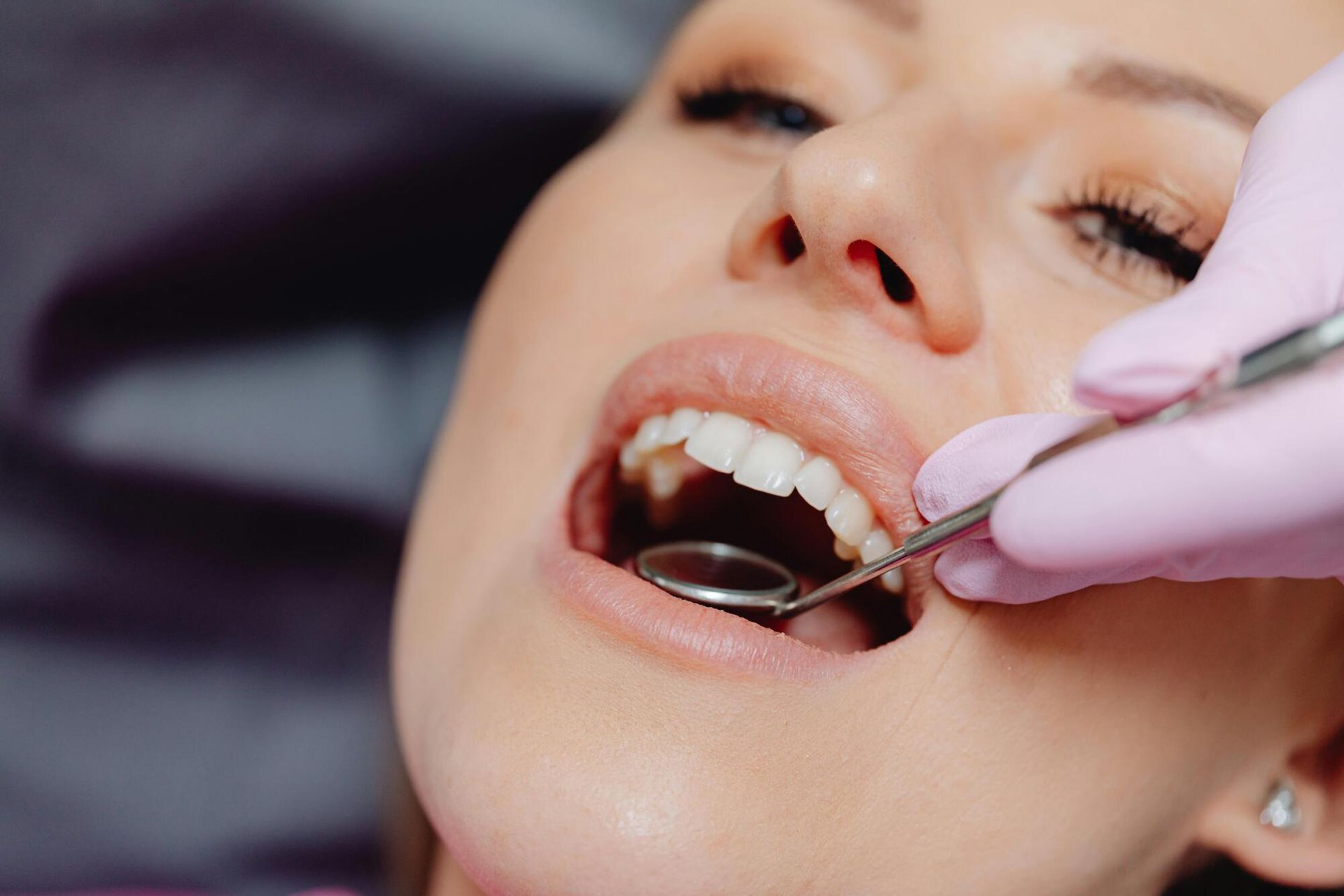

Dr. Munther Salem
D.D.S
Dr. Munther Salem grew up in the Southwest Suburbs of Chicago. He received his Bachelors of Science degree in Biology from Benedictine University. He then attended the University of Illinois at Chicago School of Dentistry, where he earned his Doctor of Dental Surgery degree. Dr. Salem is an active member of the American Dental Association, Chicago Dental Society, and Illinois State Dental Society. Dr. Salem has also been on two medical mission trips to Jerusalem treating special needs children. Dr. Salem enjoys traveling and spending time with his wife and daughter. Dr. Salem is happy to be back in the South Suburbs where he grew up to provide excellent patient care to the Ivanhoe Family.
Dr. Monil Shah
D.D.S
Dr. Shah completed his dental education at Boston University School of Dental Medicine and has been practicing dentistry since 1999. In the years since, he has devoted himself to creating an environment in which patients know they are welcome as soon as they walk in the door. He is focused on providing excellent dental care and helping patients stay comfortable throughout their visits. Dr. Shah believes in giving patients the time to ask questions about their health and providing them with knowledgeable answers.
Dr. Janani Gurukkal
D.D.S
Dr. Gurukkal is new to the windy city and excited to join the Ivanhoe team. She was born and raised in Nashville, TN. She received her Bachelors of Science in Kinesiology from the University of Kentucky. She then pursued her Doctor of Dental Medicine at the University of Louisville. After graduation, she completed an Advanced Education of General Dentistry residency at A.T Still University in Arizona. Dr. Gurukkal has always had a passion for healthcare. She understands the importance of oral health and how it can have a profound impact on your overall health. She enjoys taking her time to get to know her patients in order to provide them with the highest quality of care. Her goal is to create an environment where patients can feel safe and comfortable to get the treatment they deserve. Dr. Gurukkal is an active member of the American Dental Association, Illinois State Dental Society, and Chicago Dental Society. She devotes her time to continuing education in order to stay current with the latest advancements of dentistry.
Outside the clinic she has spent time volunteering in her local community as well as abroad. In her free time, Dr. Gurukkal loves traveling and spending time with her family.
Dr. Ken Arrietta
D.D.S
A firm believer in patient education, Dr. Arrieta is a specialist in periodontics, the treatment of all the supporting structures of the teeth, including the gums, and the placement of dental implants. Dr. Arrieta’s skills enable many patients to complete their entire treatment plans at our location, avoiding the necessity of being referred to another office.
After completing his undergraduate studies at Loyola University, where he also made the Dean’s List, Dr. Arrieta earned his Doctorate of Dental Surgery at Northwestern University School of Dentistry. He continued his advanced specialist training at the University of Iowa where he received his Certificate in Periodontics.
Dr. Ravneet Bhullar
D.D.S
Dr. Ravneet Bhullar grew up in the heart of Atlanta, Georgia. He received his Bachelors of Science degree in Biology from the University of Georgia. Go Dawgs! Soon after Dr. Bhullar earned his Doctor of Dental Medicine degree from the University of Louisville School of Dentistry. Dr. Bhullar is an active member of the American Dental Association, Chicago Dental Society, and Academy of General Dentistry. Dr. Bhullar loves helping his patients' smile and helping them to maintain their oral health. When Dr. Bhullar is not in the office, he enjoys traveling to new places and spending time with his fiancée and their lovely cavalier poodle named Bean. Everyday Dr. Bhullar looks forward to learning more about his patients and providing them with all their dental needs!



